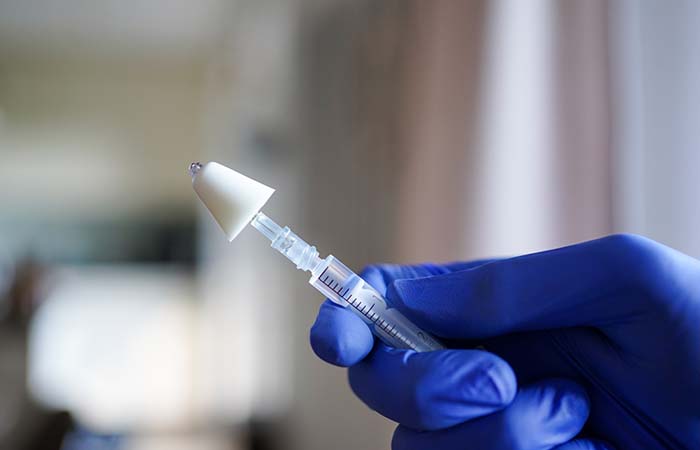MPs call for naloxone programme in England with pharmacy at its centre
In News
Follow this topic
Bookmark
Record learning outcomes
A new report from a cross-party parliamentary group has called on the Government to overhaul its drugs policy, moving away from an “abstinence only” approach to a more “practical” one that emphasises harm reduction, including the establishment of a national naloxone programme in England with community pharmacy as a key point of access.
The Home Affairs Committee published its wide-ranging report today, making recommendations such as the ‘urgent’ reclassification of psychedelic drugs to facilitate research into their therapeutic uses, a pilot programme for a safe consumption facility – something the Westminster Government has long resisted despite lobbying by politicians in Scotland – and greater provision of and research into cannabis-based products for medicinal use (CBPMs).
On criminal justice, the report supports the Government’s efforts to prioritise tackling county lines gangs, something highlighted in the 10-year drugs strategy first published in December 2021. But it also calls for greater recognition of the role psychological trauma can play in drug use and questions the Government’s proposed three-tier sanctions for recreational drug use.
On naloxone, the report calls for the establishment of a national naloxone programme in England to bring it in line with the devolved nations, adding: “In particular, we think that community pharmacists and peer-to-peer programmes are well-positioned in their local areas to supply, distribute and administer this life saving treatment. It must also include enhanced distribution of naloxone to prison leavers.
“Pharmacies in Scotland are able to distribute naloxone kits as nonprescribed medication following a decision by the Lord Advocate. However, in England, Wales and Northern Ireland we have heard that access to naloxone in community pharmacies is varied and limited. However, in relation to a Patient Group Direction, provision is not a pre-requisite and may depend on local arrangements.”
Royal Pharmaceutical Society president Claire Anderson welcomed the report, particularly its call for evidence on safe consumption facilities, saying: “There are now around 100 supervised drug consumption facilities across the world, primarily in Europe, which have provided over thirty years of evidence of their effectiveness.
“We believe we can apply that learning here and provide clean, safe spaces for those injecting drugs. This will bring illegal drug users closer to mainstream health and addiction support services and provide an opportunity for health professionals to engage in treatment and prevention. This in turn will help to save lives, reduce harm and reduce drug deaths.”
Home Affairs Committee chair Dame Diana Johnson MP said: “Drugs continue to cause significant harm to individuals and society. The governmental response must be able to deal with the complex harms drugs can cause and whilst the drug strategy is moving in the right direction, it requires much more meaningful action to tackle the broad range of drug-related problems.
“The criminal justice system will need to continue to do all it can to break up the criminal gangs that drive the trade in illicit drugs. However, it must also recognise that many children and young people involved need to be supported to escape, not punished for their involvement.
“Fundamentally, we need to have the right interventions in place to help people break free from the terrible cycles of addiction and criminality that drug addiction can cause. Simply attempting to remove drugs from people’s lives hasn’t worked. They need the right support to let the deal with addiction, but also psychosocial support and interventions that deal with the underlying trauma that may have led them to drugs in the first place.”

